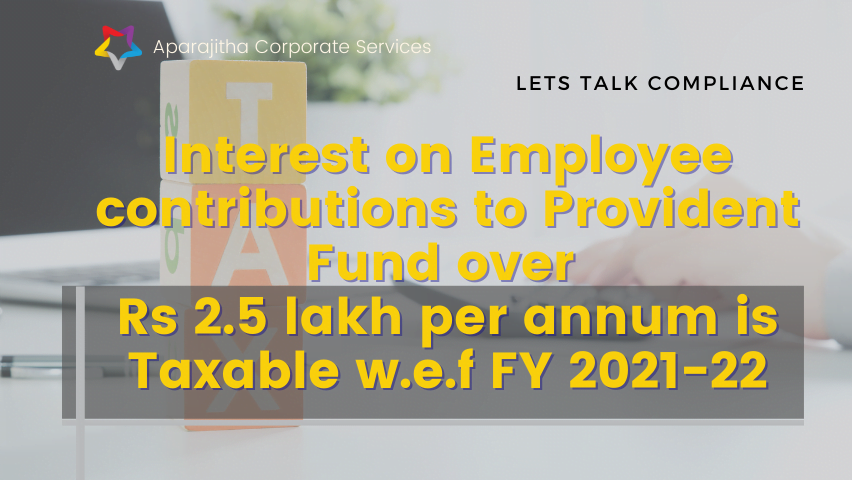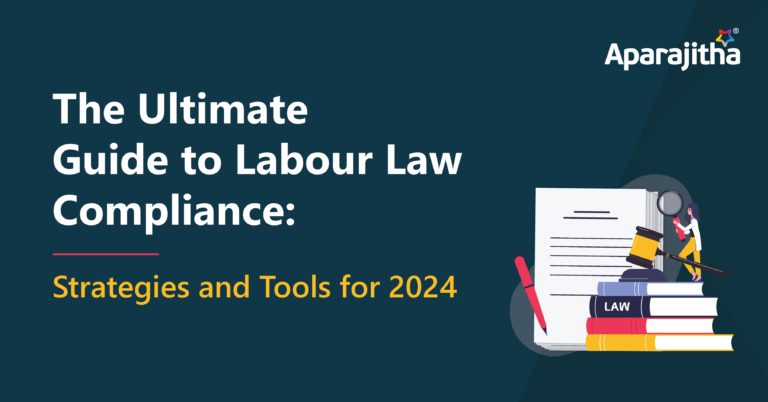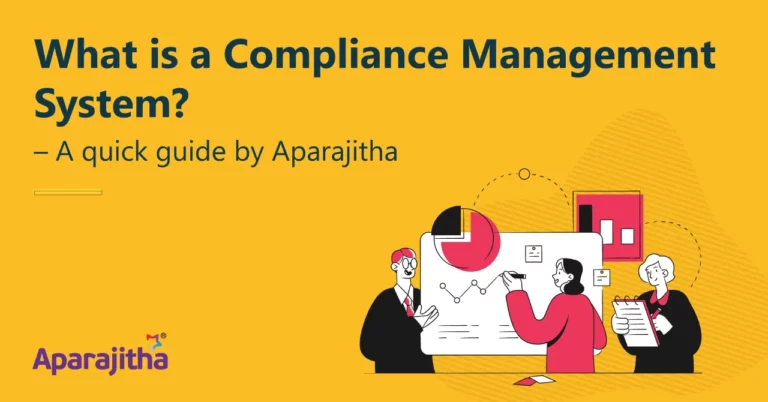As announced in the Budget 2021, CBDT has issued notification vide G.S.R.604 (E) Dt. 31st Aug’2021 framing Rules for taxing interest on excess EPF contribution.
Accordingly, the interest earned on any contribution in excess to Rs 2.5 lakh per annum by an employee to a recognized provident fund will be taxable from 01 April 2021.
Salient Features of the Amendment:-
- This interest taxability shall be applicable only for the contribution made on or after April 1, 2021.
- The employee’s and employer’s principal contribution and the entire interest earned on the same till 31st March 2021 is not taxable
- The interest income earned on excess contribution will be taxable only in those cases where the employees’ annual PF contribution exceeds Rs. 2, 50,000/-.
Illustration: If Mr. X’s total contribution (including voluntary provident fund) to Employee Provident Fund (EPF) is Rs 3, 50,000 in the FY 2021-22. Assuming the rate of interest on EPF is 8.5% per annum and TDS @ 10%; his tax liability will be calculated in the following manner:
| Financial Year | Employee’s contribution in EPF in a year
(Rs.) |
Contribution liable for tax on interest (b- 2,50,000) | Interest on the excess contribution
(C*8.5%) |
TDS @ 10% under section 194 A
(10% on d) |
Balance taxable amount to be added in taxable salary (d-e) |
| (a) | (b) | (c) | (d) | (e) | (f) |
| 2021-22 | 3,50,000 | 1,00,000 | 8500 | 850 | 7650 |
Impact of the notification:
- Separate accounts for Taxable &Non-Taxable within the existing PF account need to be maintained by PF Department & by the Employers, if they are contributing to their approved PF Trust account (Exempted trusts).
- Bifurcation of interest accrued for the contribution below the Limit and exceeding the limit, cumulative interest on closing balance to be maintained & shown separately.
- Annual interest accrued to be calculated & credited to Subscribers account for the financial year, in order to be reflected in the Form 26AS of the subscribers for tax computation.
- Income tax to be deducted at source on the Interest accrued in the PF account of the subscriber, at the time of crediting the interest or withdrawal whichever is earlier, by authority /employer in case of in-house PF trust.
- Procedural challenges of maintaining separate account & TDS liability at the time of accrual of interest to be addressed.
Who are we?
Aparajitha has been a compliance partner for the past two decades for more than 1500 corporates.
We’ve been recognized as the Pan India Experts in dealing with the complexities of Labour and Industrial Laws. We understand the statutory compliance applicability for each industry with our experiences and knowledge from time to time
This long-standing strategic approach has produced a synergy that enables us to design and delivering industry-leading cost-effective solutions, along with specialized risk and compliance business process integration services to address all your present and future compliance requirements.
To understand more and receive insights on statutory compliance, post your query in the comment column or
please write to us at marketing@aparajitha.com
Compliance Knowledge Hub
Disclaimer: The article represents the opinions of the author and the author is solely responsible for the facts, cases, and legal or otherwise reproduced in the article.







